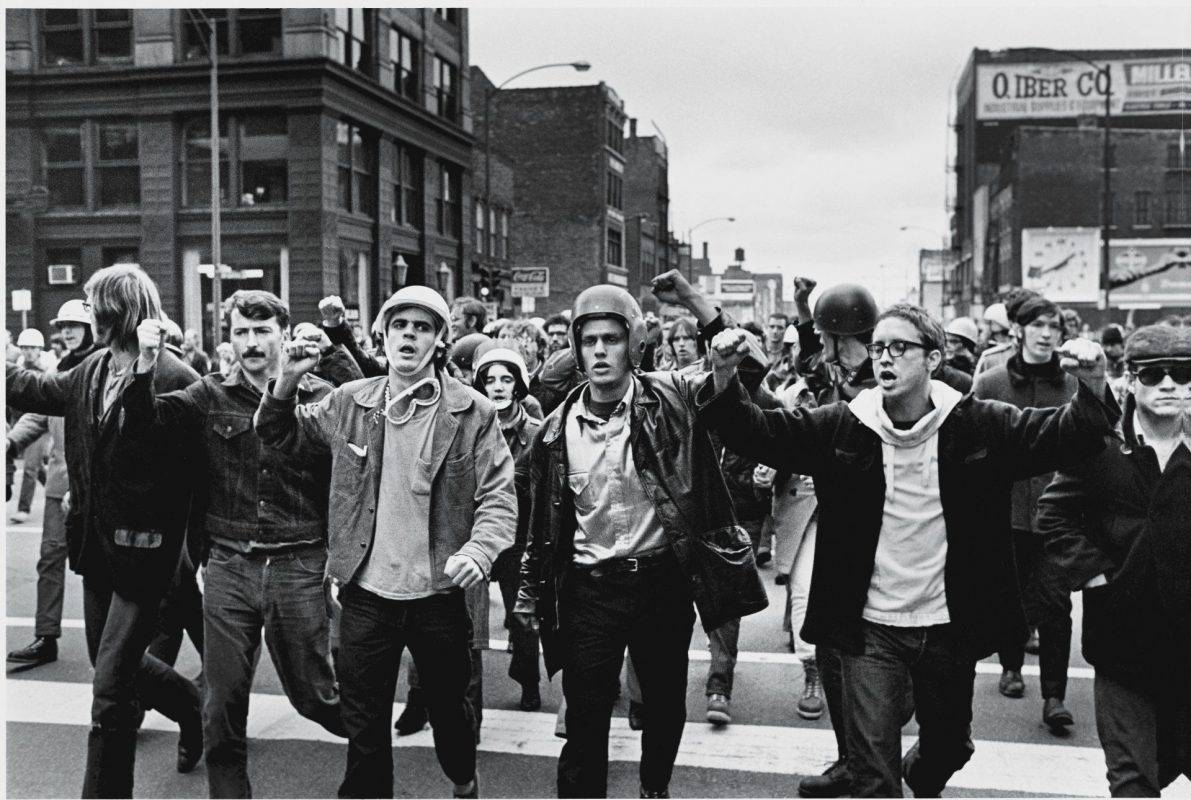
Troublemaker or Change-Maker?
12th Nov 2020“If you care about what they care about, they’ll care about what you care about.”
Anonymous.
I watched The Trial of the Chicago Seven on Netflix the other day. If you haven’t seen it yet, it’s worth the watch. It’s a dramatisation of the 1968 indictment and trial of seven protestors charged with intent and conspiracy to start a riot in protest of the Vietnam War.
And, like any good movie, it got me thinking.
In the courtroom, the judge clearly takes a disliking to the seven defendants from the get-go. Feeling unfairly treated, they hold true to their countercultural, defiant beliefs, and continually show disrespect for the court proceedings. As a result, they’re charged with over 30 counts of contempt of court throughout the trial. And the judge eventually gave a number of them hefty jail sentences.
Here’s the thing. The trouble with trying to make change happen is that you’ll always come up against the status quo. Well-intentioned efforts run up against the grain of the people and systems that are quite happy with how things are, thank you very much. Anything that threatens ‘normal’ is likely to be perceived as a threat. And the harder you push, the harder the system pushes back. You can end up being branded as a troublemaker. That can make things so much harder than they need to be. For the Chicago Seven, even though they were ultimately acquitted in the court of appeals, their stance against the system in the courtroom made it a tough gig.
A number of the people who have recently joined my Change Makers programme have identified this as their main challenge. In their workplaces, they’re seen as disruptors, and they’re struggling to get traction on their change agendas. It’s an exhausting fight all the way.
How can you play this game differently?
It’s all about perception. When you’re branded as a troublemaker by the powers that be, you’re an enemy. If you want to be seen as a change-maker, become an ally.
Becoming an ally doesn’t mean selling your soul. It’s simply about remaining principled while also being pragmatic.
Here are some tips for how you can become an ally alongside those who you need to influence:
- Meet them where they’re at. Listen to their perspective before sharing yours. Dial down judgment and dial-up curiosity.
- Learn and adopt the way they speak and think. Are they about the detail or the big picture? Do they talk about risk or possibility? When you speak their language, you’ve got a better chance that communication will actually happen.
- Seek to understand their motivations and concerns. What drives them? What do they most care about? How could you speak to that?
- Find the common goals and common ground that you both share. When you care about what they care about, they’ll care about what you care about.
- Using what you’ve learned from above, state your case in a way that they can relate to. Show how you can help them achieve what you both want.
- That’s how you can work as an ally.
Troublemakers and enemies get shut down. Change-makers and allies get lifted up.
Which would you rather be?
Like this post? When you’re ready, here are three ways I can help you further:
- Sign up to my ‘Thinking from the Edge’ newsletter to get tips, insights and early release information that I don’t share on the usual social channels. Delivered weekly to your inbox.
- Get my book, Change Makers: How to make your mark with more impact and less drama. It’s available here.
- Come along to one of my Change Makers taster sessions to learn more about how this game-changing programme can amplify you and your people’s ability to have more impact.

